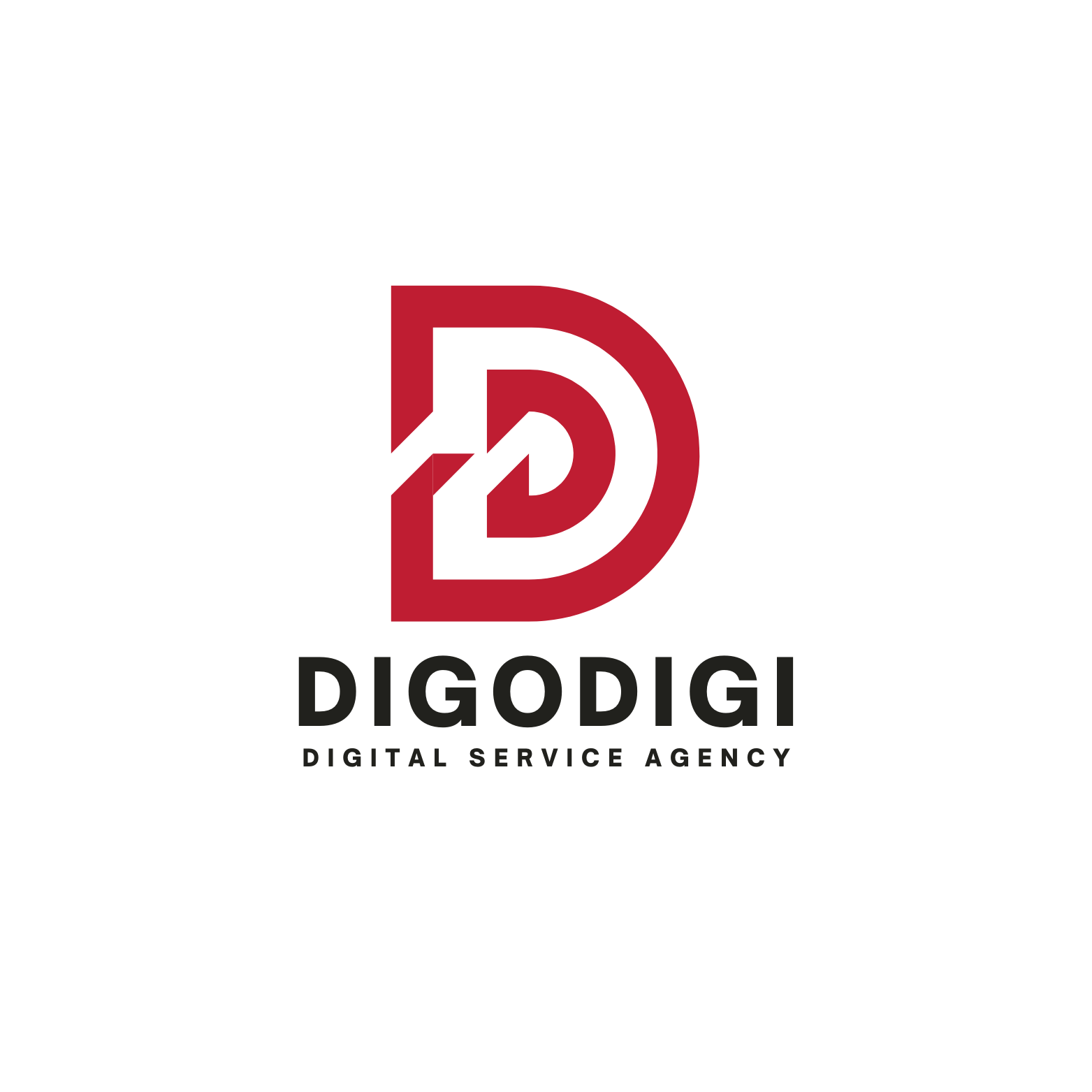Shopify store owners often use the Facebook Pixel and Conversion API (CAPI) with server-side tracking for several reasons, primarily to optimize their advertising campaigns and gain deeper insights into customer behavior. Here’s why these tools are beneficial:
1. Enhanced Tracking and Accuracy: Using both the Facebook Pixel and Conversion API allows for more accurate tracking of user interactions on your website. While the Pixel primarily captures data from the client-side (browser), the Conversion API gathers data from the server-side. This helps ensure that no data is lost due to ad blockers, browser settings, or other client-side limitations.
2. Comprehensive Data Collection: With server-side tracking, you can capture events that might not occur directly in the user’s browser, such as server-side purchases, lead submissions, or backend actions. This enables a more complete view of customer interactions and behaviors.
3. Privacy and Compliance: Server-side tracking can also be beneficial for privacy and compliance reasons. By collecting data on the server-side, you have more control over the data that is shared with third parties. This can help you comply with data protection regulations and provide a better user experience, as it reduces the reliance on cookies and browser tracking.
4. Mitigating Attribution Issues: Inaccurate attribution can be a challenge in digital marketing. Using both the Pixel and Conversion API helps to mitigate attribution issues by providing multiple data sources for tracking conversions. This redundancy makes it less likely that conversions will be misattributed or lost.
5. Cross-Device Tracking: Server-side tracking, combined with the Pixel, can enhance cross-device tracking. By capturing events from both the client-side and server-side, you can better understand how users interact with your website across different devices and touchpoints.
6. Ad Campaign Optimization: By having accurate and comprehensive data, you can optimize your Facebook advertising campaigns more effectively. This includes adjusting your targeting, creative, and bidding strategies based on a deeper understanding of customer behavior.
7. Future-Proofing: As the digital landscape evolves, privacy concerns and changes in browser behavior can impact the effectiveness of client-side tracking methods. Server-side tracking provides a way to future-proof your data collection strategies and maintain accurate insights regardless of changes in the online ecosystem.
In summary, using both the Facebook Pixel and Conversion API with server-side tracking for your Shopify store can lead to more accurate data collection, better ad campaign optimization, improved privacy compliance, and a more holistic view of customer behavior. It’s a strategic approach to ensure that you’re getting the most out of your advertising efforts in a rapidly changing digital environment.
